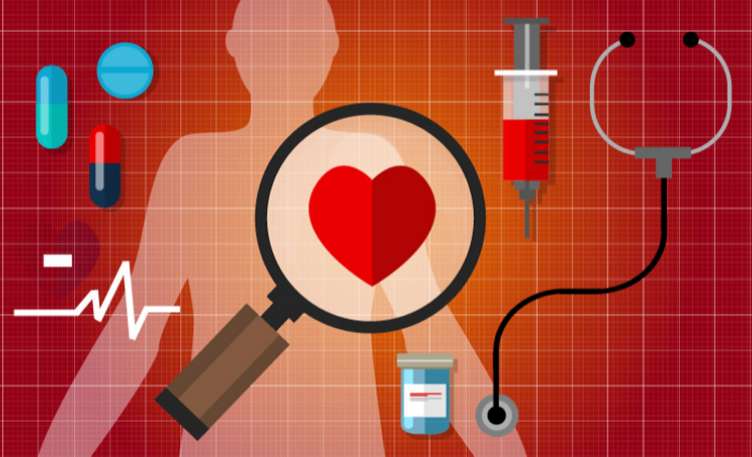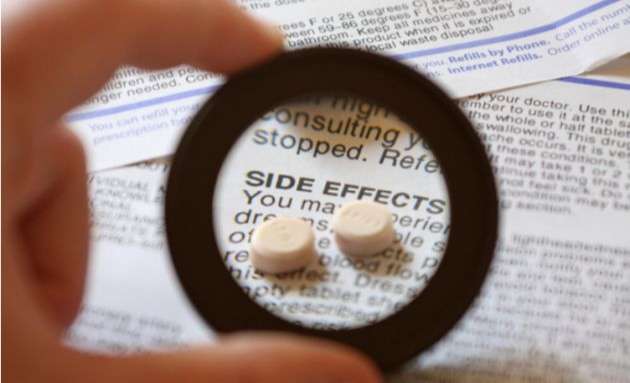
7 Steps To Avoid Triggers For Sudden Heart Failure
Sudden heart failure or cardiac arrest is when your heart stops pumping blood effectively and functions in a disorganized manner. If you are at high risk for heart problems, then you should be alert to the possible worsening of the condition of your heart.
7 Common Triggers of a Failing Heart
Here are some common heart failure triggers that you should be aware of.
-
Learn The Warning Signs of Heart Disease
Watch out for warning signs of heart disease like:
- Shortness of breath
- Coughing fits
- Fluid retention in your legs and feet
- You feel dazed and confused
- You get easily tired
- You have trouble with physical activity
- You have problems eating
- Your heartbeat is faster than normal
-
Follow a Healthy Routine and Diet

You can manage your heart problem and prevent it from getting worse by making changes in your eating habits and being regular with your prescribed medicines. It is important that you follow healthy habits like:-
Eating more plant-based foods like fruits and vegetables
-
Limiting harmful foods like salt sugar, and saturated fats
-
Get enough physical activity
-
Focus on weight loss if you’re obese
-
Take your blood pressure medicines regularly. Also, do not change your prescription in any way without asking your doctor.
-
-
Maintain Normal Blood Pressure Levels
When your blood pressure is high, your heart has to work harder to supply blood to the rest of your body. Over a period of time, this may weaken your heart muscles. Your aim is to keep your blood pressure to the 120/80 levels. You can achieve this by following the healthy routine outlined above.
-
Regulate Your Blood Sugar

If you have diabetes, it could increase your risk of heart problems. High blood sugar levels could harm your blood vessels and arteries. To prevent this, you should follow a heart-healthy diet, exercise regularly and follow your doctor’s instructions regarding prescribed medications.
-
Look Out For Any Irregularities In Your Heart
There are many heart conditions that could increase your chances of sudden heart failure.
You need to consult your doctor if you have any of these heart problems:-
Irregular heart valves
-
Heart muscle disease(cardiomyopathy)
-
Inflammation of the heart (myocarditis)
-
Heart defects
-
Irregular heartbeats (atrial fibrillation)
-
-
Know The Side Effects of Your Prescriptions

Be careful about the different prescriptions you might be taking for other health conditions as some could be harmful to your heart. For example, some drugs increase salt retention in the body which could raise your blood pressure. Other drugs can be harmful to your heart muscles or decrease the effect of your heart medicines.
You should be aware of the side effects and combination of your prescribed drugs, especially for any of the following conditions and ailments:-
Asthma
-
Cancer
-
Common cold
-
Allergies
-
Depression
-
Diabetes
-
Erectile dysfunction
-
Irregular heartbeat or Arrhythmia
-
Hypertension
-
A Migraine
-
Painkillers
You may also have to consult your doctor about any herbal supplements you are taking as they could affect your heart condition. These could include green tea and ginseng.
-
-
Avoid Alcohol And Tobacco
You might think a glass of red wine every now and then is good for your heart, but you shouldn’t exceed two glasses of alcohol per day. Also, bear in mind, a previous history of heart failure could be made worse by consuming alcohol in any form. Alcohol increases your heart rate and blood pressure and puts extra stress on your heart.
You should ask your doctor before consuming alcohol after an episode of heart failure. If you are still smoking after a heart attack then you should seriously consider quitting. Smoking leads to plaque build-up in your arteries and the substances in tobacco smoke damage your heart.
At Medanta, we have pioneered the ‘Heart Team’ approach which ensures that patients are evaluated by a team of cardiac surgeons, clinical cardiologists, and interventional cardiologists so that they receive comprehensive advice of the highest standards.






